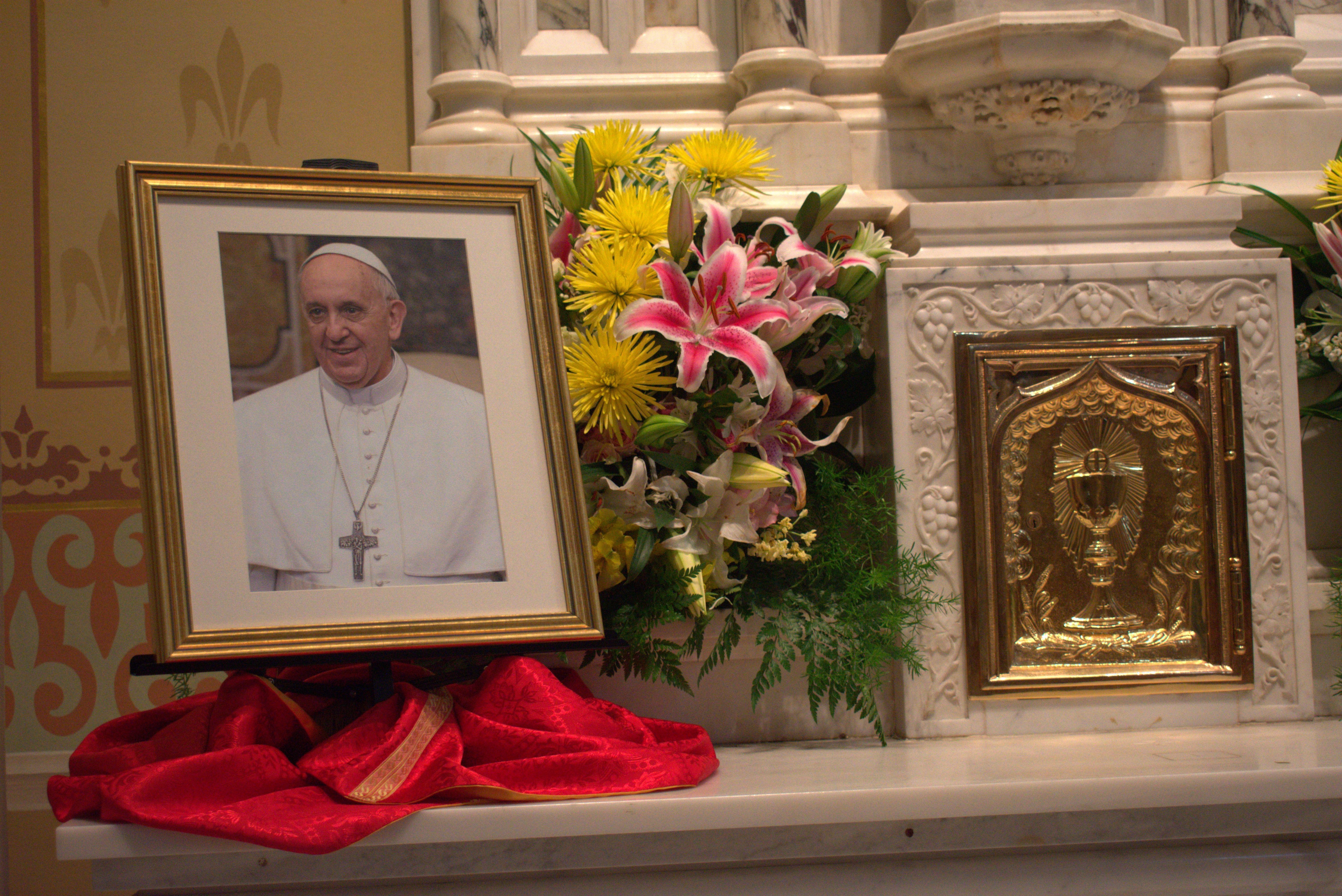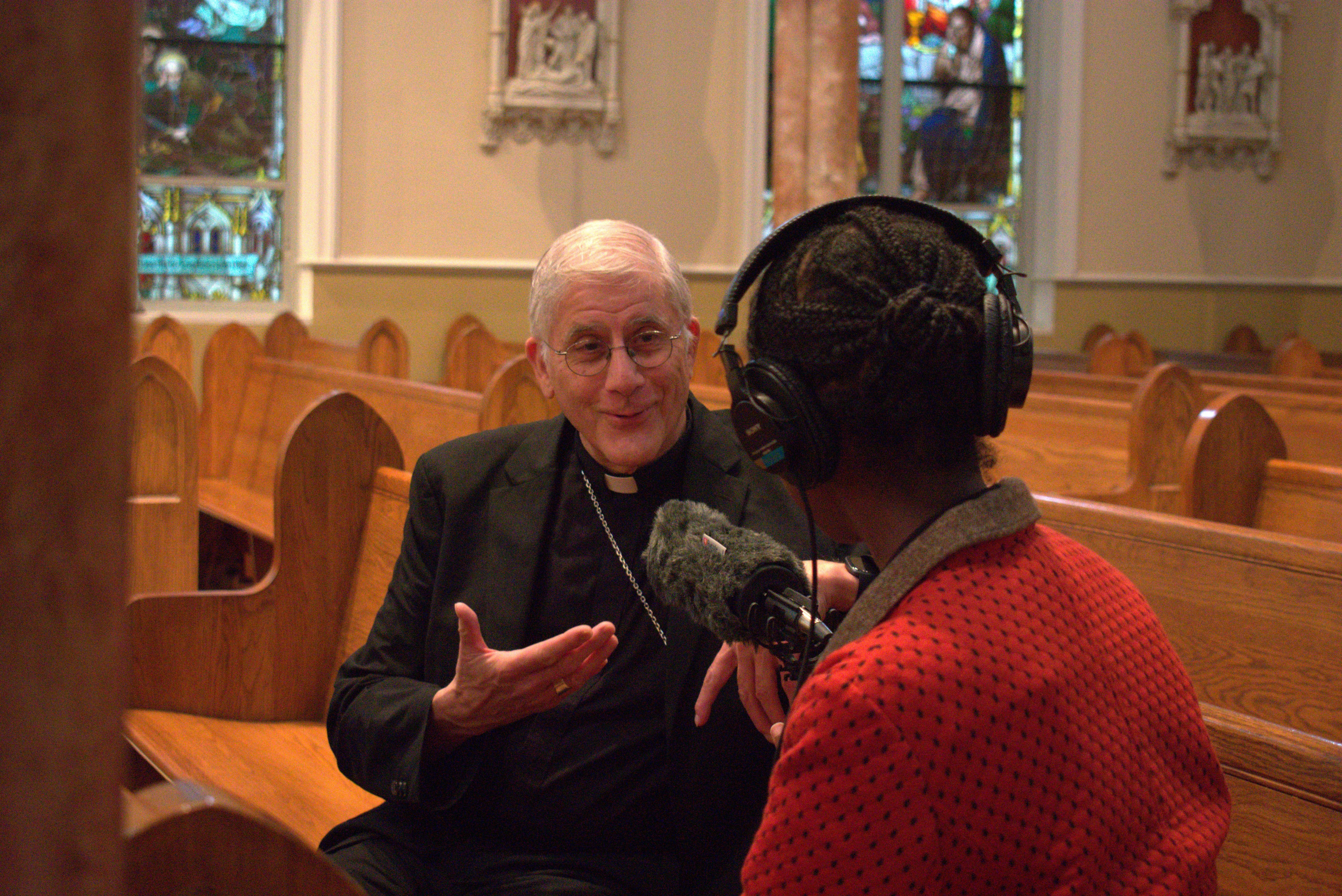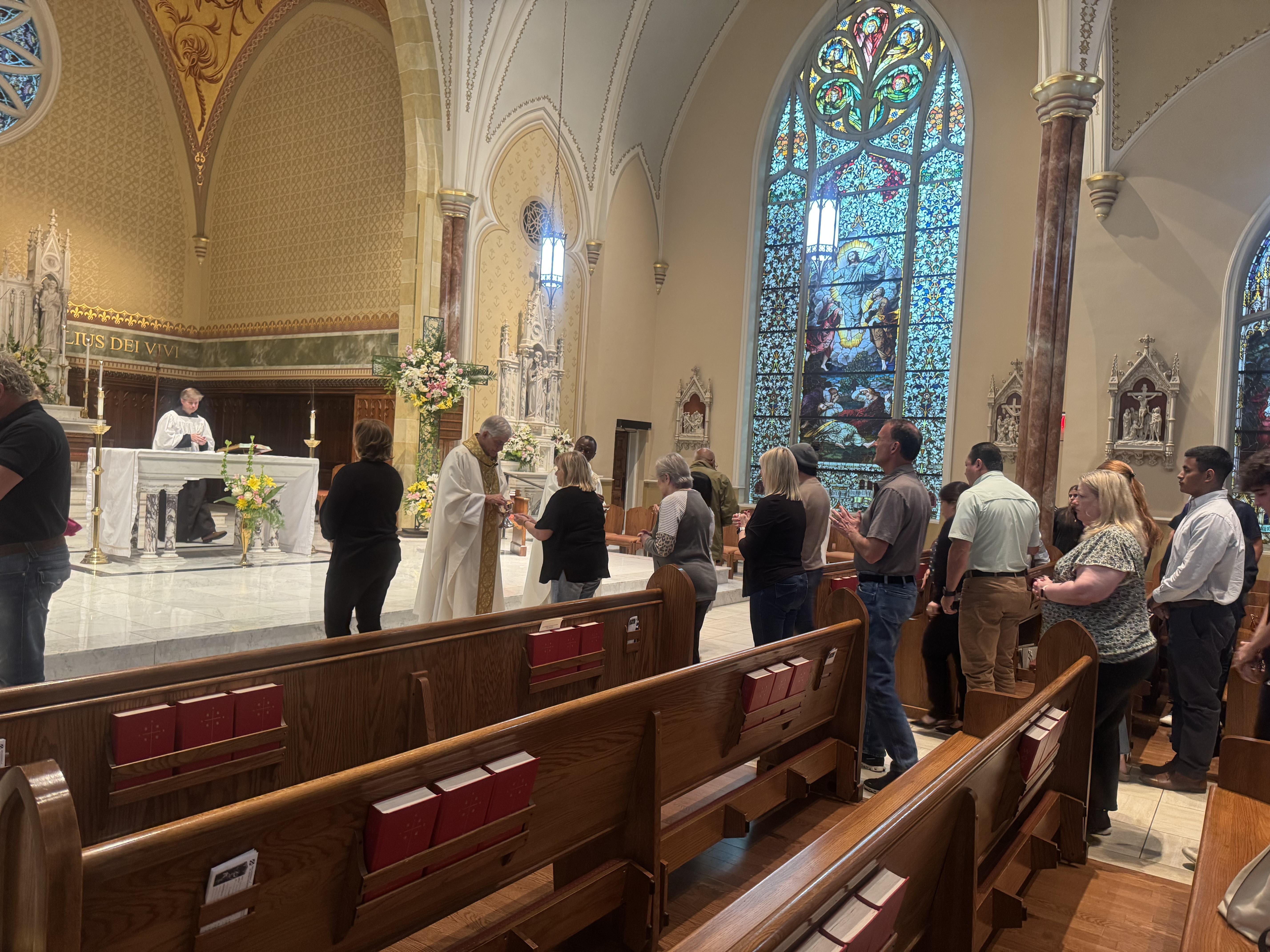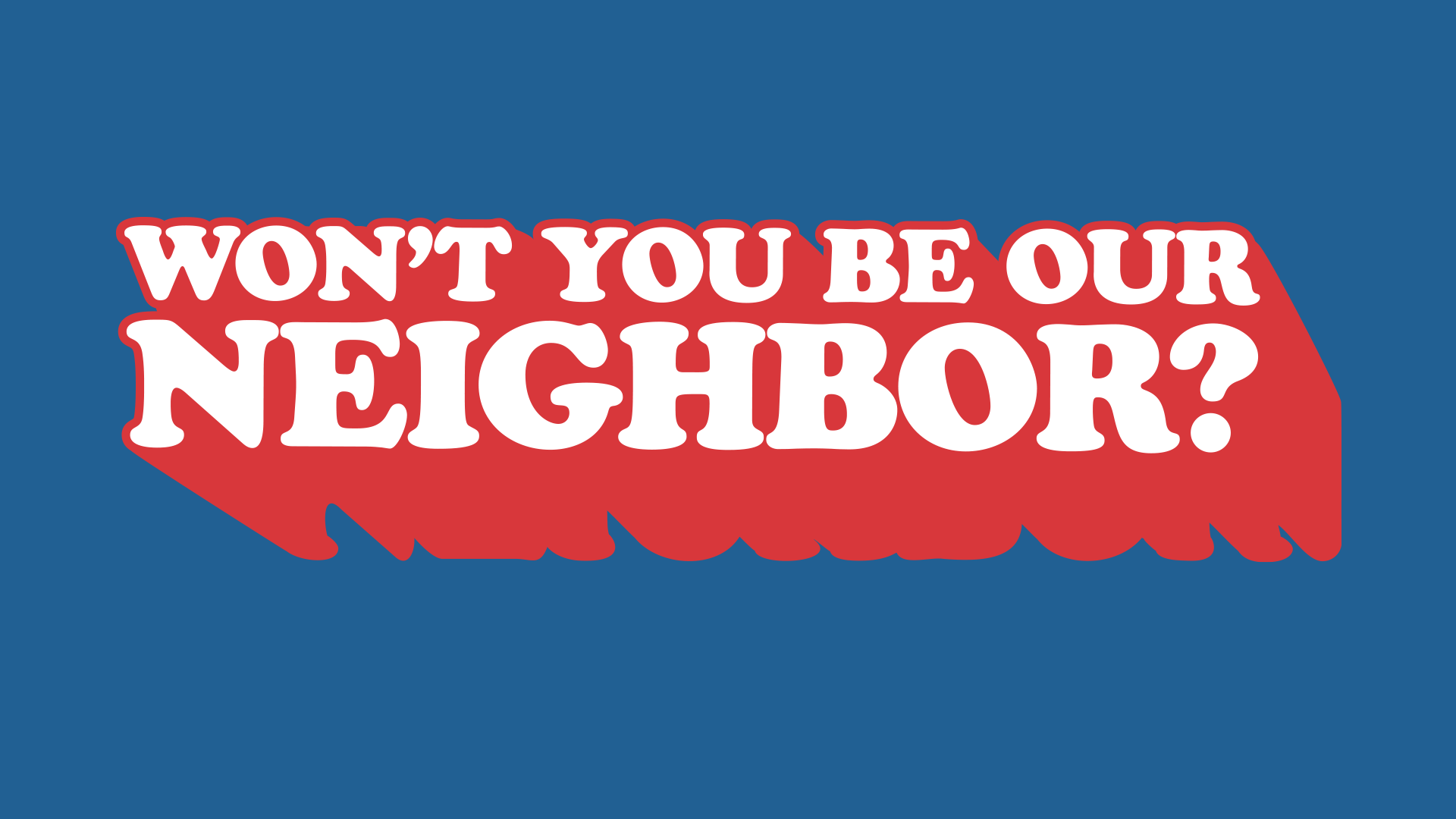Kopacz says he was able to meet the pope on several occasions.
“Every five or seven years, bishops of a given region go and spend an afternoon with him, and then we go up and greet him,” he said. “That's when I said, ‘muchas gracias por todo.’ He smiled, obviously he's from Argentina. That was my encounter four different times with him. So it was personal.”
Pope Francis was the first Latin American to lead the Vatican. He was widely known as having progressive stances on issues ranging from the blessing of same sex couples to the rights of immigrants.
“It can be controversial,” Kopacz said. “But at the core, Pope Francis is saying they're still human beings, they’re still God's people. If they're here to work hard, it's important that we treat people with respect and yet at the same time uphold our laws of the land. We have to have borders. It can't just be a free flow of the world's population, so there has to be order. But within the order, there needs to be what Pope Francis would say is a broad understanding of what forces people to be on the move.”
Not all within the Catholic faith celebrated Pope Francis’s beliefs. Within his own congregation, Kopacz said there were mixed reactions.
“There are some who just love his teachings and his, well, you could say his emphasis,” he said. “Others feel he's too progressive. Within the church, just like within any political party, it's a range of where people find themselves in their heart and in their home with what can seem to be too progressive or too reactionary.”
The Catholic Church has also been the center of various sexual abuse controversies. Pope Francis has been remembered by many as someone who eventually became strongly opposed to any tolerance of abuse within the church.
“Pope Francis, very strong about it,” Kopacz said. “I think once in a while he really was stunned at the extent of what had happened in certain areas. I couldn't remember when Chile, when they were talking about the abuse there. I'm not sure if you remember that, but he was at first saying, oh, they're almost like they're exaggerating. Then he realized they're not. And he said, I'm sorry. So he was very open to continue to strengthen the church and, and so we're we are much stronger in that way.”
Kopacz says his congregation has instilled several methods to curb any potential abuse.
“There are bulletins and teachings,” he said. “Teaching the children in our schools and religious programs about what is appropriate, what's safe, what's not. So it's always work, and you can't let up because that's a demon, really. I mean, when someone would do that, there's really evil at work. So you kind of keep that demon on the outside.”







